table of contents:
Is your home sewing machine struggling to handle thick fabrics or repetitive projects ? It's time for you to upgrade to a semi-professional sewing machine that is much more powerful and better suited to more complex sewing projects . Combining power and precision , this type of sewing machine is available at affordable prices , which won't empty your wallet.
Here, we explain why these models appeal to demanding sewing enthusiasts , how they outperform classic machines , and which criteria (speed, triple feed, sewing stitches) to choose according to your needs.
Definition and characteristics of semi-professional sewing machines
The semi-professional sewing machine is the ideal compromise between domestic and industrial models. Designed to meet the needs of demanding seamstresses, it combines robustness, versatility, and performance.
But what exactly is a semi-professional sewing machine? Discover its key features and why it's a great solution for those looking for power and precision without the constraints of industrial machines.
What is a semi-professional sewing machine?
A semi-professional sewing machine falls somewhere between a home and industrial model. It combines power, speed, and reliability to handle demanding projects without the constraints of an industrial machine.
Semi-professional sewing machines are distinguished by their robustness and ability to sew multiple stitches without overheating. Most feature a triple drive and a powerful motor to stabilize fabrics and a powerful motor to perforate layers. In recent years, brands have also been increasing connectivity, electronic embroidery stitches, and thread guides. The Juki TL-2200VP-Mini exemplifies this technological progress.
Discover the perfect sewing machine for your creative projects! Visit Verotex now.

A high-performance alternative to domestic and industrial machines
Compared to domestic models, semi-professional machines offer higher speeds and better handling of thick fabrics like denim. They are aimed at those who go beyond occasional projects , without reaching industrial volumes. Their price remains affordable compared to professional machines.
The semi-professional sewing machine is suitable for thick fabrics like leather or technical materials, as well as delicate fabrics like silk. It is suitable for custom-made clothing, leather accessories, furnishings, or complex textile creations. This versatility makes it ideal for independent designers or seamstresses.
Power, speed and stitch accuracy
Motor power and sewing speed determine the capabilities of a semi-professional sewing machine. For speed, choose a model that reaches 1,200 to 1,800 stitches per minute if you're working on demanding projects.
Adjust your machine speed to the fabric. Reduce to 500-800 stitches/min for leather or heavy fabrics, gradually increasing to 1,500 stitches/min for lightweight materials. For intricate details, a moderate speed avoids errors. Always test on a scrap of fabric before starting.
The triple feed system combines a presser foot, fabric retraction, and a claw movement. This trio ensures smooth feed of thick or multi-layered fabrics . Ideal for leather bags or upholstery, this system distributes pressure to prevent warping.
Semi-professional machines offer a variety of stitches suitable for all your sewing projects:
- Straight stitch : the basis of sewing, ideal for joining thick or light fabrics with precision
- Zigzag : essential for stretch fabrics, finishes and textile appliqués
- Reinforced stretch stitches : designed for elastic garments, preventing seam breakage
- Decorative stitches : to personalize your creations with aesthetic patterns, perfect on floral fabrics or other fancy fabrics.
These options allow you to adapt to all types of fabrics and sewing projects.
Triple feed makes sewing thick fabrics easier by synchronizing three mechanisms: the presser foot, the feed dogs, and the fabric feed. Unlike single feed, which is limited to the feed dogs, this system prevents slippage on leather or fleece. As a result, you'll get consistent stitches even on varying thicknesses.
The best brands of semi-professional machines
Choosing a quality semi-professional sewing machine is essential for combining performance and durability. Among the most reputable brands, Juki stands out as a key reference in the market. Other brands like Janome , Brother, and Singer also offer reliable and high-performance models. Here are the best brands of semi-professional machines and what sets them apart to make the right choice for your sewing needs.
Juki, market leader
Juki dominates the market for semi-professional sewing machines . This Japanese brand offers models that stand out for their robustness and precision in thick fabrics.
Whether you're a seasoned amateur or a professional, investing in a Juki semi-professional sewing machine guarantees quality work. The brand also stands out for its intuitive models, suitable for a variety of projects, with a range featuring accessible electronic options.
Among them, the Juki hzl dx7 machine perfectly illustrates this blend of power and versatility, offering ideal user comfort for demanding seamstresses. Juki also offers combined sewing and embroidery machine models , perfect for designers looking to expand their textile possibilities.
Machines from this brand are powerful and ideal for technical fabrics. Machines like the TL-2200VP-Mini combine reliability and performance for demanding seamstresses.

Janome and other popular brands
Janome and Elna round out the offering with affordable yet efficient machines. Ideal for a first investment, each semi-professional sewing machine from these brands combines ease of use and reliability. Janome offers well-balanced models for budding designers, while Elna impresses with its modern and intuitive designs.
Mid-tier brands like Janome and Elna offer attractive value for money . Their after-sales service is generally responsive, with spare parts readily available. Machines from these brands are ideal for getting started without breaking the bank or for specific, non-technical sewing projects.
Maintenance and optimization of your semi-professional machine
To ensure the longevity and performance of your semi-professional sewing machine, regular maintenance and a few adjustments are essential. Whether you're an enthusiast or an experienced seamstress, maintaining your machine properly and adapting its settings to the fabrics you're using will help you optimize every seam. Discover our practical tips for maintaining your machine and getting the most out of its features every day.
Tips for regular maintenance
Clean the arm, bobbin, and needle holder regularly to prevent blockages. A light vacuum and a drop of special oil will extend the life of the needle . An annual service is sufficient for moderate use, more often for intensive use.
Also consider scheduling a professional sewing machine service to detect wear and tear on parts in time and prevent breakdowns.
Here are some common problems you may encounter with a semi-professional sewing machine and the appropriate solutions:
- Thread breaks frequently . Solution: Check the thread, needles, and tension. A good quality French sewing thread and a new needle solve 90% of cases.
- Uneven stitches . Solution: Adjust the thread tension or clean the bobbin. Trapped debris is disrupting the thread.
- Machine making noise . Solution: Grease moving parts or call a professional if the noise persists.
Adjust the settings according to the fabrics
For lightweight fabrics like silk, use a microfiber needle (60/8), reduce the presser foot pressure, and choose a fine thread. For stretchy fabrics, choose a stretch needle and a narrow zigzag stitch. If sewing leather, a dual feed foot and a heavy-duty needle (90/14) will prevent slippage.

Practical advice
Before investing in a semi-professional sewing machine, it's crucial to carefully define your budget and understand the most relevant selection criteria. Between power, robustness, and functionality, every detail counts. To help you choose a machine that's suited to your needs and advanced sewing projects, discover our practical advice, including essential accessories and optional extras.
Budget and essential selection criteria
Semi-professional models range from €400 to €1,200 depending on the options. For occasional use, opt for an entry-level model. Regular sewers will opt for a higher investment, guaranteeing long-term reliability and speed .
Your budget depends on your needs : a semi-professional embroidery sewing machine will require electronic stitches and a long arm. For leather, prioritize a triple feed and a heavy-duty needle. Options like automatic tension or LED lighting also make everyday life easier.
Essential accessories and additional options
Specialty presser feet transform your semi-professional sewing machine into a versatile tool . The invisible zipper or overlock presser foot opens up new possibilities, while the reinforced needles simplify working with technical fabrics.
Semi-professional sewing machines combine power and versatility to master all your projects. Whether you're sewing leather or delicate fabrics, their triple feed and adjustable speed guarantee clean finishes. Elna, Juki, and Janome offer reliable models for easy growth. Looking for high-performance, reliable sewing machines? Verotex helps you find your happiness.
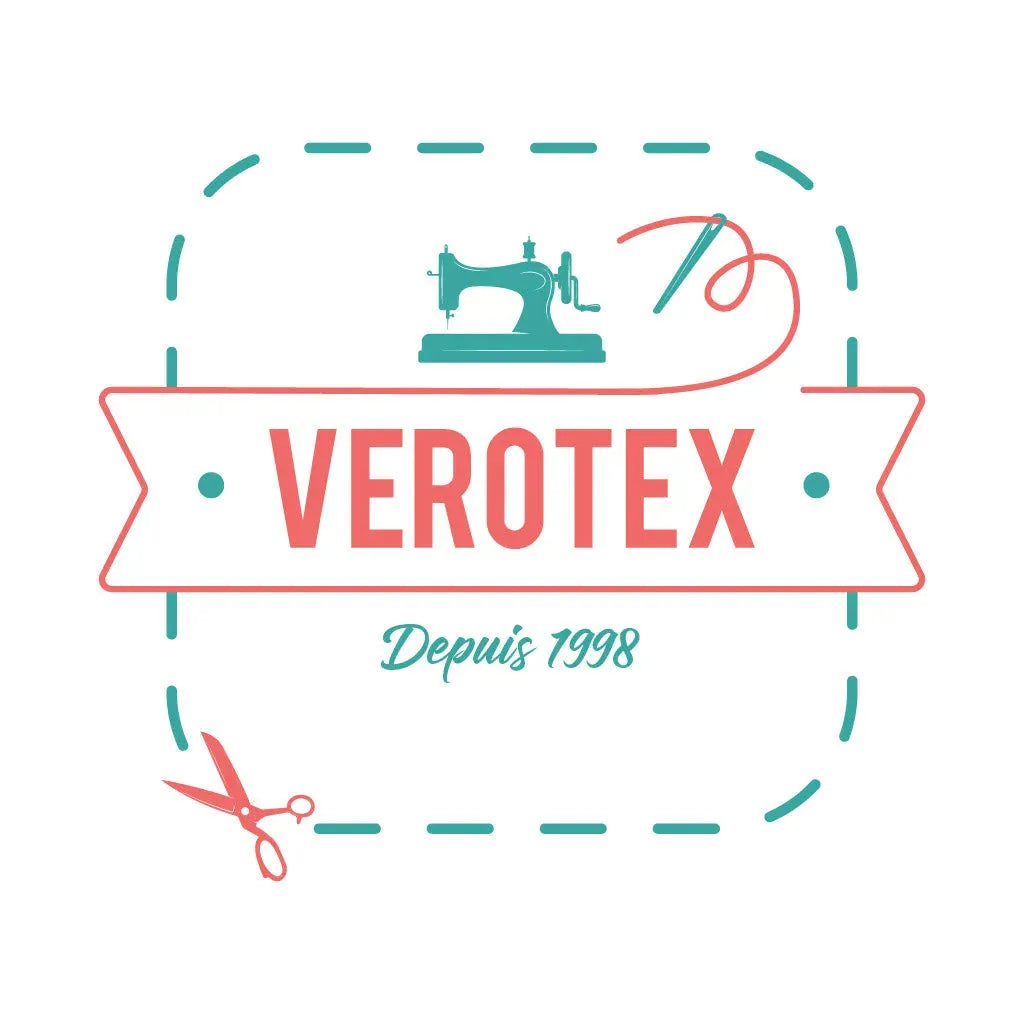
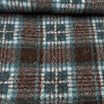
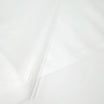
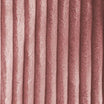
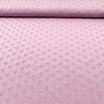
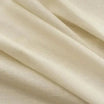
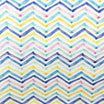
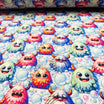
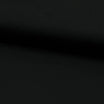
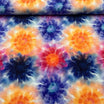
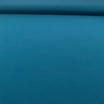
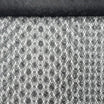
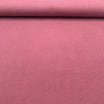
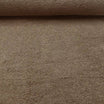

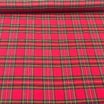

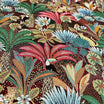
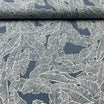
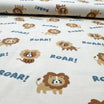
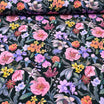
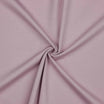
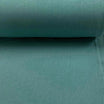
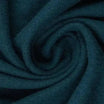
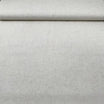
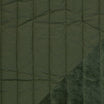
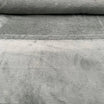
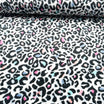
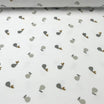
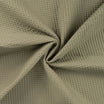
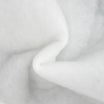
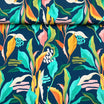
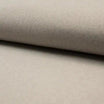
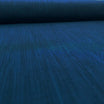

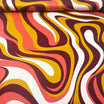

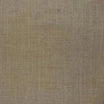
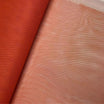
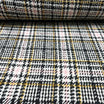
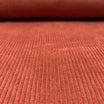
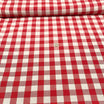
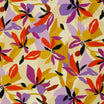
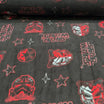
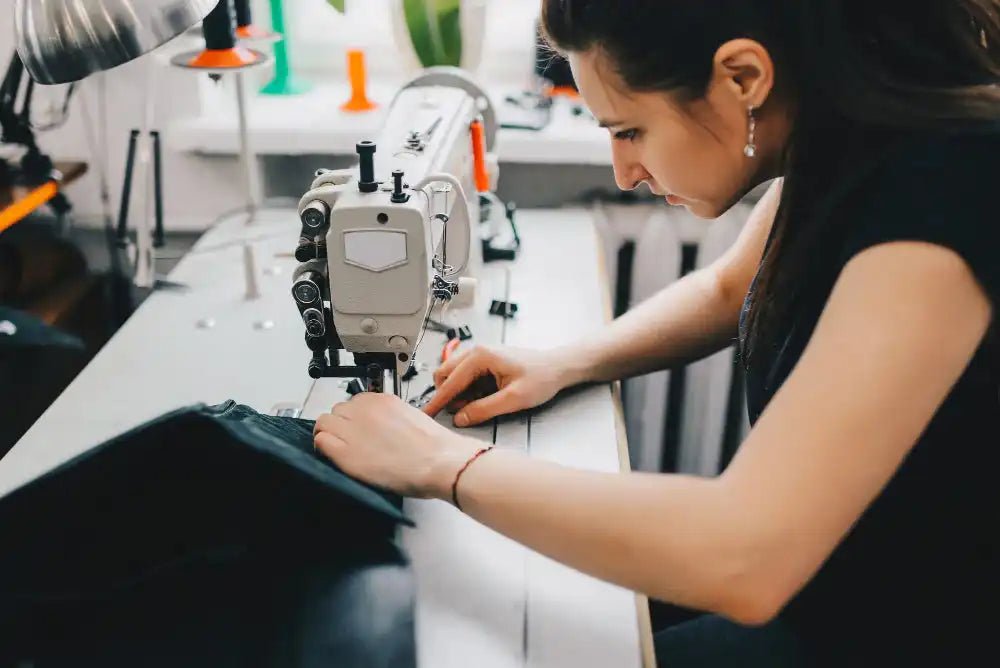
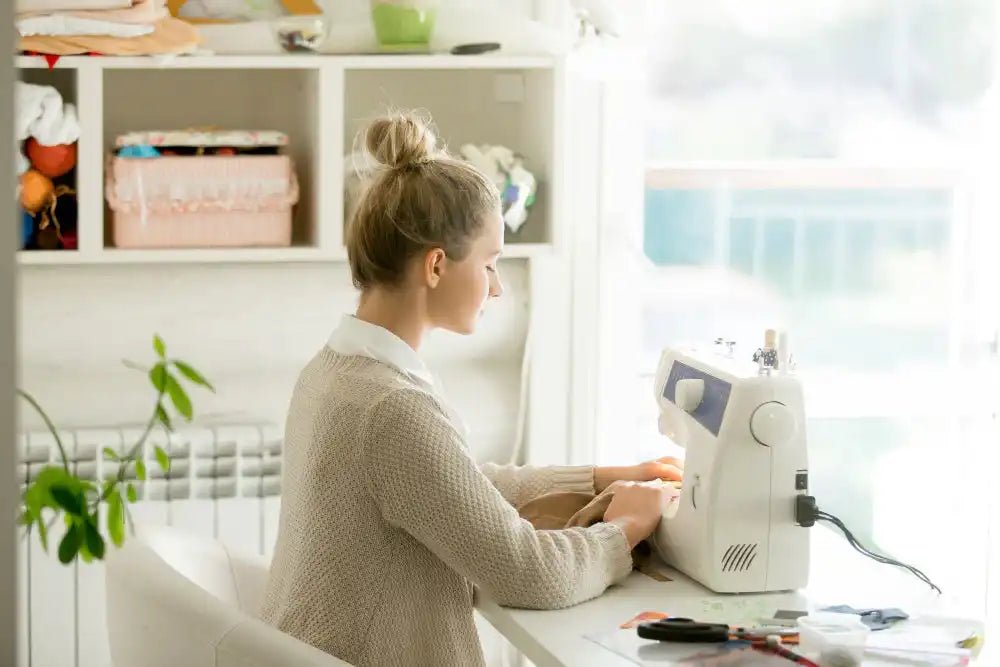
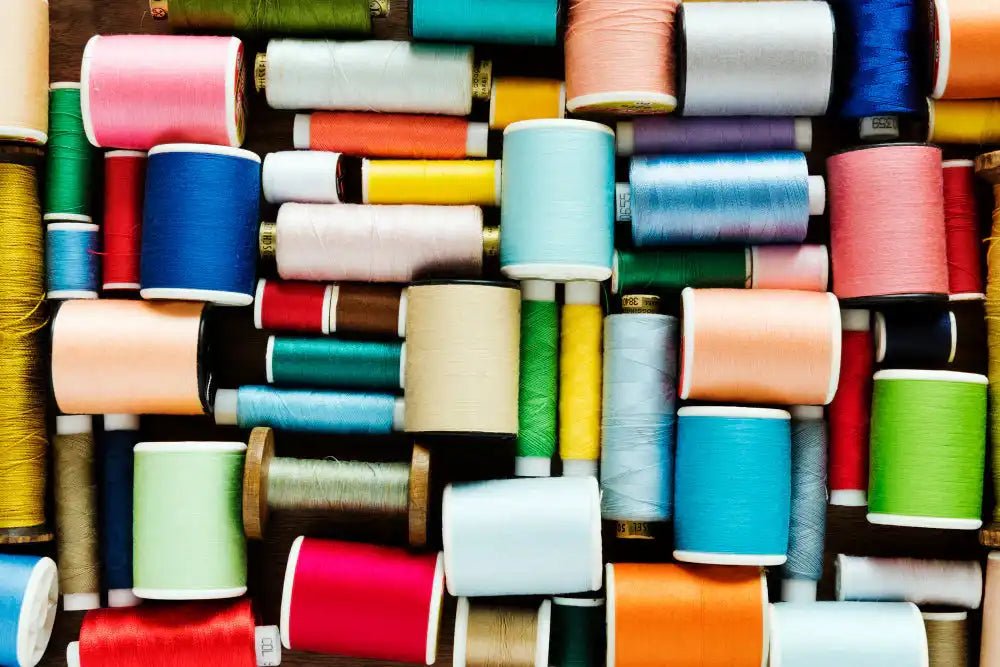
Leave a comment
All comments are moderated before being published.
This site is protected by hCaptcha and the hCaptcha Privacy Policy and Terms of Service apply.